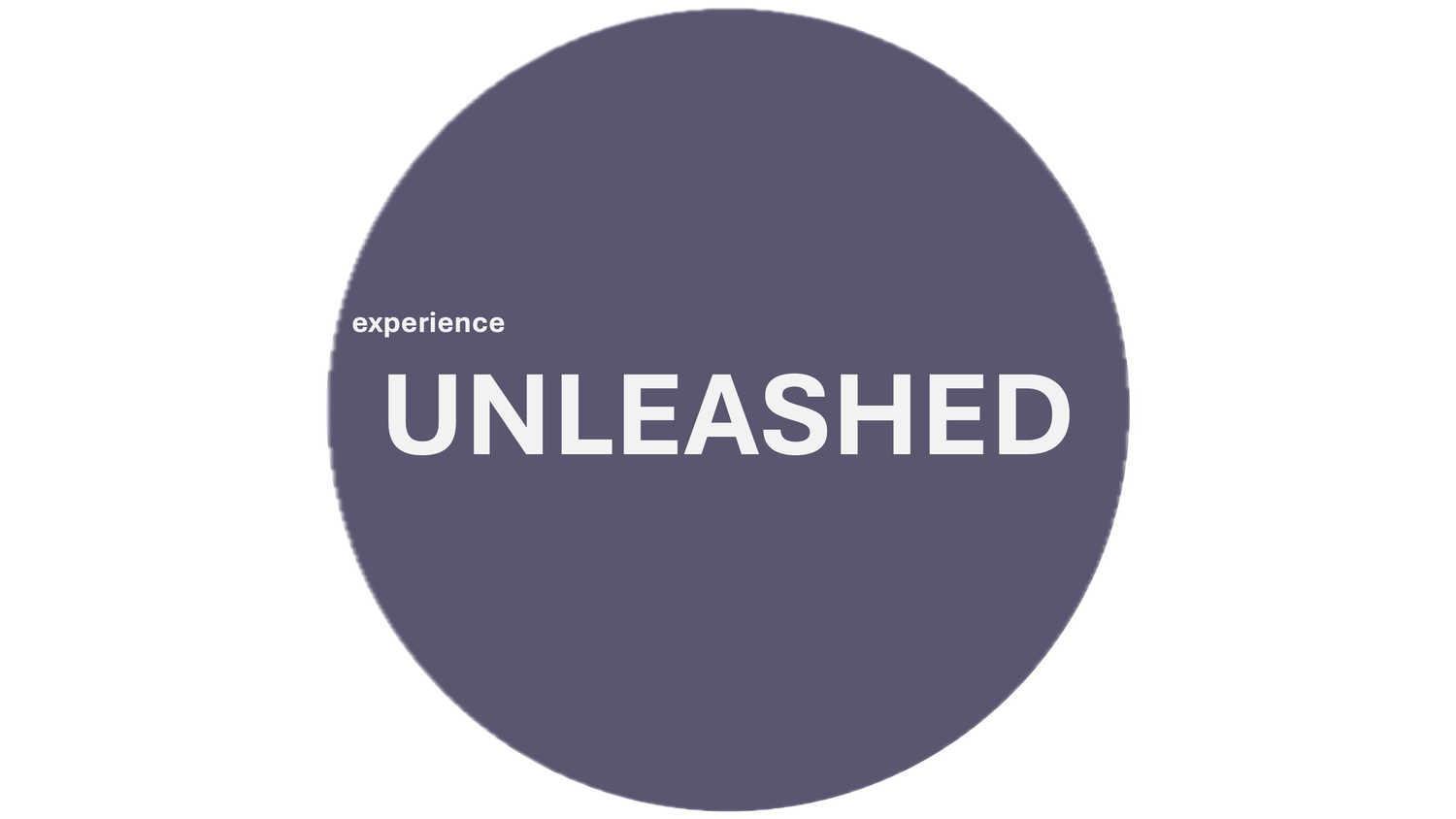The importance of innovation and customer experience in difficult times
“Almost all business leaders reluctantly admit that the current crisis also marks an inflection point: The world after it is unlikely to resemble the one before it. Their priority, when they get a moment’s respite, must be to remake their organizations to cope with the “new normal.” But CEOs, like generals in the heat of battle, are so busy tackling short-term priorities that the future is obscured by the fog of war.”
Above is a quote from a Harvard Business Review article. It was written in March 2010. “Roaring out of recession”. It could have been written now.
“Attention all board of directors & leadership teams. Initiatives for acquiring growth to boost revenue and operational efficiency to lower costs and improve cash flow are still relevant. However, in many cases the need for doing these initiatives are a way of curing the symptoms not the root cause - too much inside-out work. Next time you sit around a table discussing issues with fading or declining revenues and margins I recommend that you as outcome, in parallel with initiatives for Acquiring Growth and Operational Efficiency, initiate a third track of initiatives related to Customer-Centric Organic Growth.”
Above a quote from an article I wrote and its from Nov 2019 “What do you do when revenues and margins start to decline?”. The article was not written with a crisis in mind, but main message and the fundamentals are as valid during stable times, as in a crisis.
Covid-19 is an awful disease creating disasters for many people and having a negative impact on many areas of everyday life. But in this devastating environment it’s also important to maintain a productive perspective and find ways for businesses to thrive. Which many companies have done, but not all.
First of all, there is a FUNDAMENTAL change, and at the same time the fundamentals have NOT changed. Unfortunately, there are two sides of “the fundamentals have not changed”:
On one hand, most business leaders, going back to the HBR-article mentioned above, focuses on the short-term priorities: Employee health and cost-cutting. Of course, looking after people must be the first priority for any leader, and cost-cutting is always the go-to activity in any crisis. However, in order to ensure there’s a prosperous business once on the other side of the Covid-19 crisis, business leaders must initiate initiatives addressing customer-centric organic growth. So, where are the customer in all this? If the focus is on cash flow, why not look on the revenue side also?
On the other hand, independent if the market conditions are stable or characterised by volatility, uncertainty, complexity and ambiguity, companies must strive to:
optimize the customer experience
improve current offerings as well as shape new revenue streams thru innovation
Secondly – now is the time to act and build for the future. A study by the Kauffman Foundation in 2009 found more than half of the companies on the Fortune 500 list were launched during a recession or bear market. Why? They were seizing the opportunity of changing attitudes and behaviors. It’s a rather interesting list of companies. From our point of view, it is very obvious. Business leaders need to look beyond cost-cutting.
Peter Fisk, a global thought leader and author of 8 books put together an interesting article in March, Whilst everyone else is losing their heads, the companies of tomorrow are being created right now … How to survive and thrive in crazy times where he highlighted learnings from the past crisis. Here is an excerpt:
“Business turns to the challenge of survival the current economic shocks, to get through what is likely to be a significant global downturn, probably a recession. There are big challenges, but also opportunities:
Survive – cut all non-essential costs, and preserve cash – better to close temporarily than to limp along at full cost, like the airline SAS has already done by immediately shutting down for an unlimited time, but with plans to return.
Perform – build resilience and sustain performance – be it in terms of supporting social efforts, but also in streamlining and refocusing your existing business – at the same time use any downtime productively – new ideas, new skills, new projects – and stay positive.
Thrive – Finding new opportunities to innovate and grow – right now, for example, we are seeing a huge surge in people switching to digital services, e-Education when schools are closed, e-Health when we need urgent care.”
So, what does the history tell us? Business leaders operating within crazy market conditions need to operate two parallel tracks:
Manage critical short-term-priorities and protect core business
Manage and initiate forward-looking priorities that seeks out future revenues and growth. Why? The covid-19-crisis has forced two major changes that are already in motion:
Consumer behavior change impacts consumer attitudes. This will change consumer needs in its core, and as a consequence new markets will arise, and old markets will evolve.
The global Just-In-Time approach that has worked for decades has been brutally interrupted. Therefore, supply chains will be disrupted and millions of new B2B-relationships (customer/vendor) will be born.
Do you want your company to win in a rapidly changing marketplace? Do you want to future proof your business? If you, like us, believe that we can learn from the history, you know what to do. Keep your ears to the ground and monitor closely changing customer behavior, optimize the customer experience to protect your core business, and improve current offerings as well as shape new revenue streams thru innovation.
/Joachim Rask

